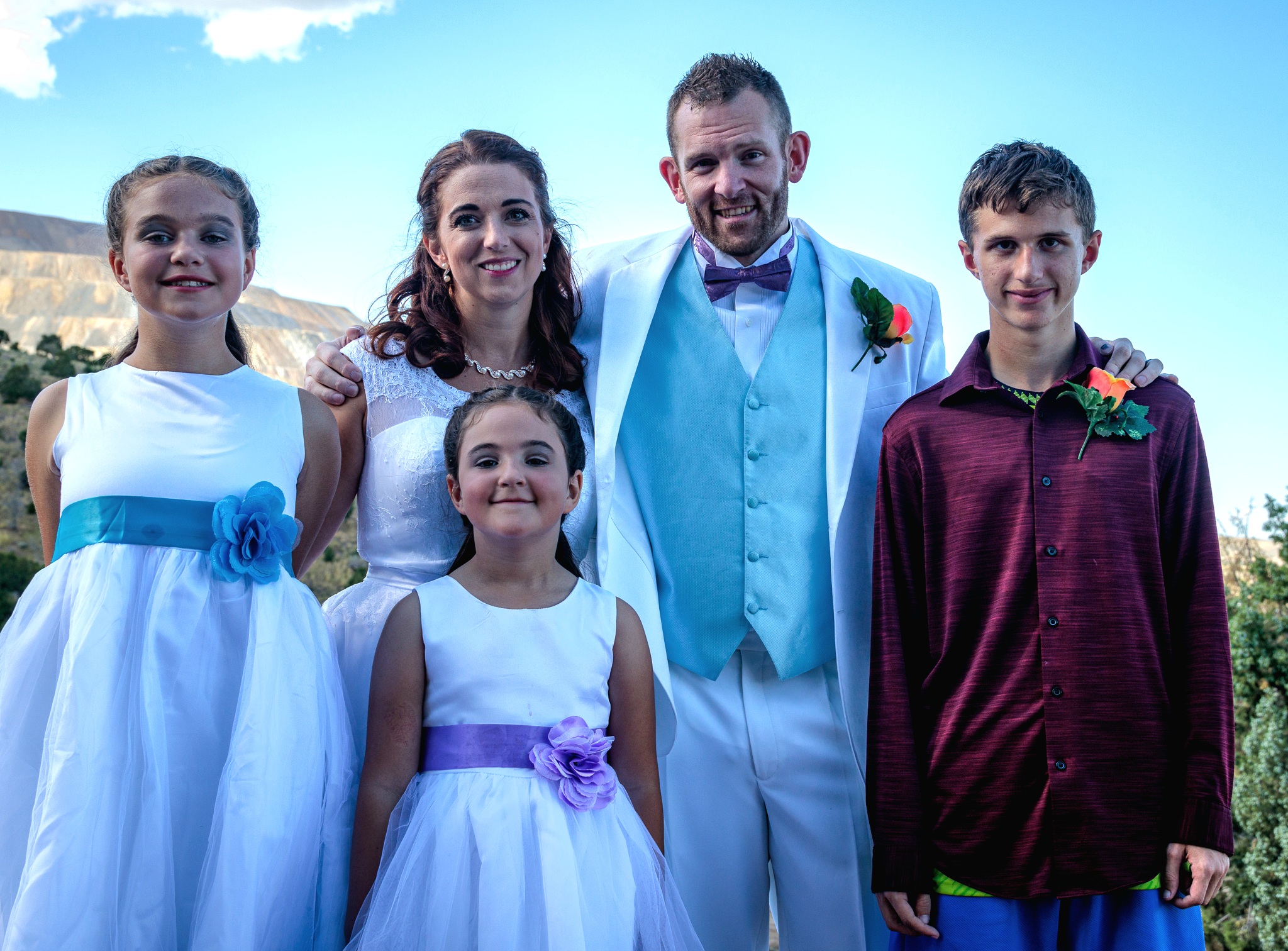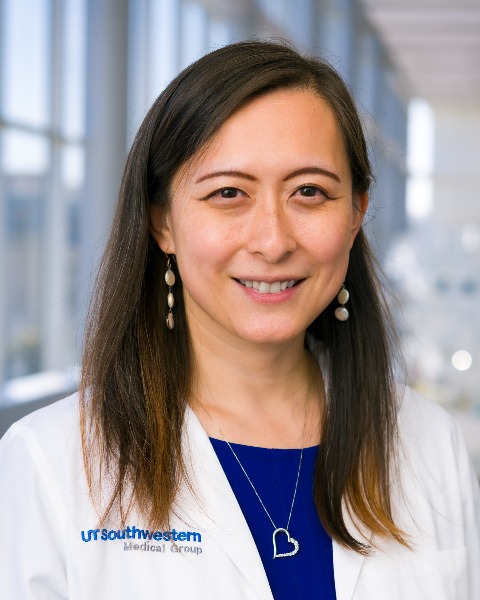
Amanda hopes her cancer journey is a positive example for her kids
April 22, 2024
This is a guest post by Amanda Reitz, a mother of three children who were 13, 9, and 5 years…
Read More

Clinical trials are a treatment option for people with cancer and are both a powerful tool to understand disease and develop new treatments. While participating in a clinical trial does carry legitimate risks, people can also have misconceptions about the purpose and process of participation. Dr. Tian Zhang, a medical oncologist and kidney cancer expert at UT Southwestern Harold C. Simmons Comprehensive Cancer Center in Dallas, Texas, explains how she handles common issues people have about clinical trials.
Learn more and browse kidney cancer-specific trials with our Clinical Trial Finder.
“Am I going to be a guinea pig?”
People with kidney cancer are not “guinea pigs” if they choose to be part of a clinical trial. They are actually important partners and contributors in the scientific process. Without patient participation in previous trials, none of the current treatments that we have today would be available. There are over a dozen FDA-approved kidney cancer drugs today where not long ago there were none. Your care team’s goal is still to take care of you. Your doctor will discuss what treatment is considered standard of care and what treatment would be part of the trial. You can also express your personal goals in the process of determining if a clinical trial is the right course of action for you.
“I don’t want the placebo!”
Most phase 1 and phase 2 trials do not have placebo-containing regimens, at least not kidney cancer trials. Typically, an experimental regimen would be compared against the standard of care. If there is a placebo offered on a phase 3 trial, it is because either there is no other standard treatment for that disease state – chromophobe renal cell carcinoma is one such example – or because investigators need to be blinded to which patients are treated with placebo so that the treatment assignment does not bias their assessment of the patient response.
“I don’t want to miss out on any treatments I’d get if I wasn’t in a clinical trial.”
Your doctor should explain all the standard of care options available to you as well as how the trial regimen would differ from the standard of care options. Often, trials are designed to test something alongside standard of care treatment, not instead of standard of care treatment. And most of the time, standard treatments are still options for patients after they are done participating in a clinical trial. You would not miss out on standard treatment if you sign up for a trial.
“I can’t travel to access a trial center.”
This can be a tough issue. Doctors can be resourceful through their professional networks to find a provider that may be able to support a patient’s care through a clinical trial. For example, if you are interested in participating in a clinical trial, and it’s not available at your center, you can ask your oncologist if there are any ongoing trials in your city, state, or even country that applies to your case/situation and if they can refer you to another oncologist with access to that trial.
There are funding resources patients can access through non-profits like the KCA to help pay for travel, parking, childcare, or other sundry expenses associated with cancer care. Do not hesitate to ask and advocate for yourself!
“What if I screen fail and I’m not a candidate for a trial?”
While ineligibility may feel like a failure, it absolutely is not. There is a reason why entry criteria for clinical trials are stringent. As scientists, we want to clearly understand what effect a particular treatment is having in a small, specific population before including other patients that don’t fit those criteria. That helps us minimize any risk of harm for the larger patient population when it comes to new treatments.
And patients still have options, either through additional clinical trials or through the variety of standard of care options that exist now, to receive treatment that could be very effective. There are about 13 drugs approved to treat kidney cancer as well as about six approved treatment combinations.
Someone diagnosed with kidney cancer today can be a lot more hopeful than they would have been even 10 years ago. Previous successful trials and the patients who contributed to them along the way are a big reason why we have so many options now. We need continued partnership with patients for ongoing trials that will improve our treatments and knowledge so even more people can benefit in the future.